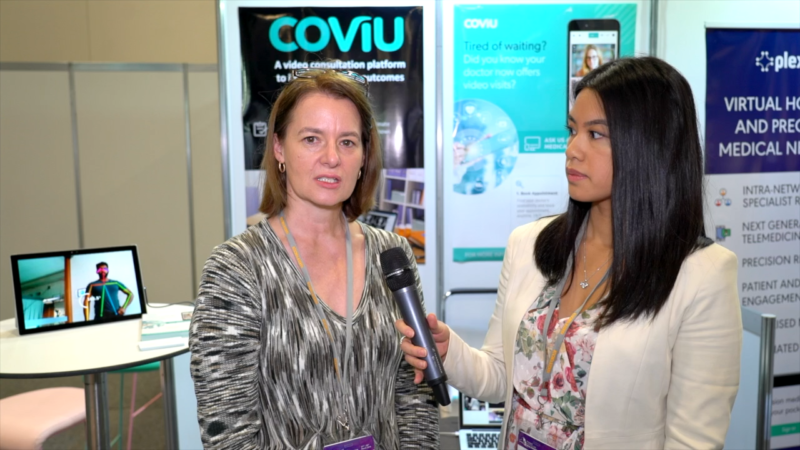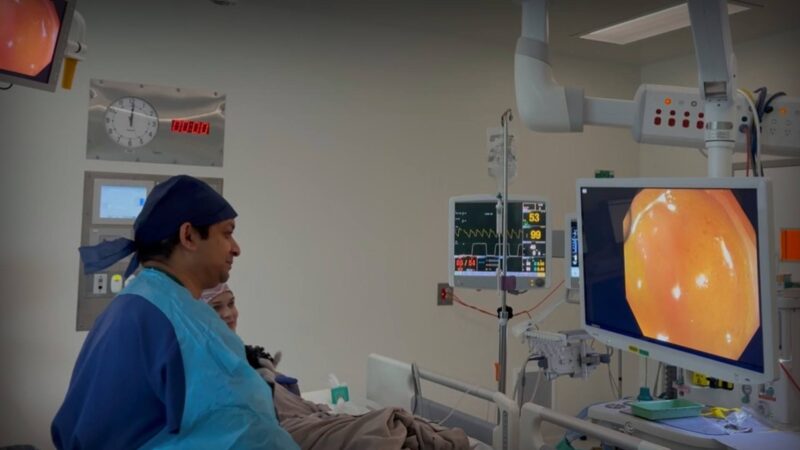NEW COSMETIC PLASTIC SURGERY BOARD CERTIFICATION FOR ELIGIBLE SPECIALIST PLASTIC SURGEONS New Board aims to address lack of consumer trust and confidence choosing qualified surgeons
With
Dr Scott Ingram, Specialist Plastic Surgeon, Taringa, Queensland &
Past-President and Current Board Member,
The Australasian Society of Aesthetic Plastics Surgeons (ASAPS)
Australian Health Journal segment
Filmed in Brisbane | March 2025
The newly established Australian and New Zealand Board of Cosmetic Plastic Surgery (ANZBCPS) has highlighted a concerning lack of confidence among cosmetic surgery patients in selecting qualified surgeons based on available online information. A January 2025 survey showed that 58% of respondents faced difficulties in finding the right surgeon, with 44% expressing mistrust in online resources. Furthermore, 27% were unsure about who is legally permitted to perform cosmetic surgery in Australia.
In response to these challenges, the ANZBCPS has introduced the Board Certified Program to ensure patients have access to trustworthy information about qualified surgeons. Participating surgeons may use the title “ANZBCPS Board Certified,” indicating they meet stringent quality and safety standards, and adhere to the continuing professional development (CPD) requirements set by AHPRA.
Eligibility criteria for ANZBCPS Board Certified surgeon:
- Successfully awarded the FRACS (Fellow of Royal Australasian College of Surgeons) following accredited plastic surgery training
- Registered as a specialist in the recognised speciality of plastic surgery by the
- AHPRA (Australian Health Practitioner Regulation Agency) Regulation or the Medical Council of New Zealand (MCNZ)
- Membership of good standing on ASAPS or ASPS or NZAPS.
- Involved in the practice of cosmetic surgery
- Complete the CPD of Royal Australasian College of Surgeons (RACS).
- Nominate RACS as CPD home.
- Complete cosmetic surgery specific CPD as specified by the board
The program aims to help the public easily identify qualified cosmetic plastic surgeons committed to ethical practices and continuous training. Patients can search for certified surgeons through the official ANZBCPS website, ensuring that selected professionals are registered specialists with the necessary qualifications.
The ANZBCPS certification process ensures that surgeons maintain active practices in cosmetic surgery while complying with regulations, thereby fostering ongoing education and improvement. This initiative provides patients with confidence and peace of mind when choosing a cosmetic plastic surgeon, ultimately aiming to improve standards and trust within the field of cosmetic surgery.
Source: Adapted from media release (supplied)
You Might also like
-
Australian Healthcare Week 2019: Pitch Fest Finalist Coviu
Telelheath startup company Coviu was a Pitch Fest Finalist at last week’s Australian Healthcare Week Expo in Sydney. The Coviu platform has been developed as an spinoff from CSIRO and allows healthcare businesses offer video consultations to their own patients. It differs from being just a ‘talking head’ platform that Skype or Zoom could offer, by providing clinical tools integrated within the app. Anne Dao spoke with Co-founder and CEO Silvia Pfeiffer about the company and platform’s journey to date and its longer term goals.
Coviu helps healtcare businesses by helping fit in more consultation during that day and reducing no-shows for appointments. Also given the nature of the dispersed population, the application reaches to rural and regional areas where patients are a long distance from their healthcare provider. The company is focused on the Australian market and aims to enter the US market next year
Post Views:
2,809 -
Streamlining and centralising training for gastroenterologists
Dr Amit Saha is a Paediatric Gastroenterologist and Hepatologist and trained paediatric endoscopist based in Perth. He underwent his higher specialist training in Paediatrics within the NHS in the UK, and sub-specialised in Paediatric Gastroenterology Hepatology & Nutrition at busy and prestigious centres in London including The Kings College Hospital.
-
CASE STUDY: Evolution in the medical device supply chain
For Cardinal Health, a global manufacturer and distributor of medical products, the process begins when products arrive in Australia and are cleared by customs before being stored at their Sydney warehouse. From here, they fulfil orders for various clients, including hospitals and wholesalers, supported by DHL’s logistics services.



